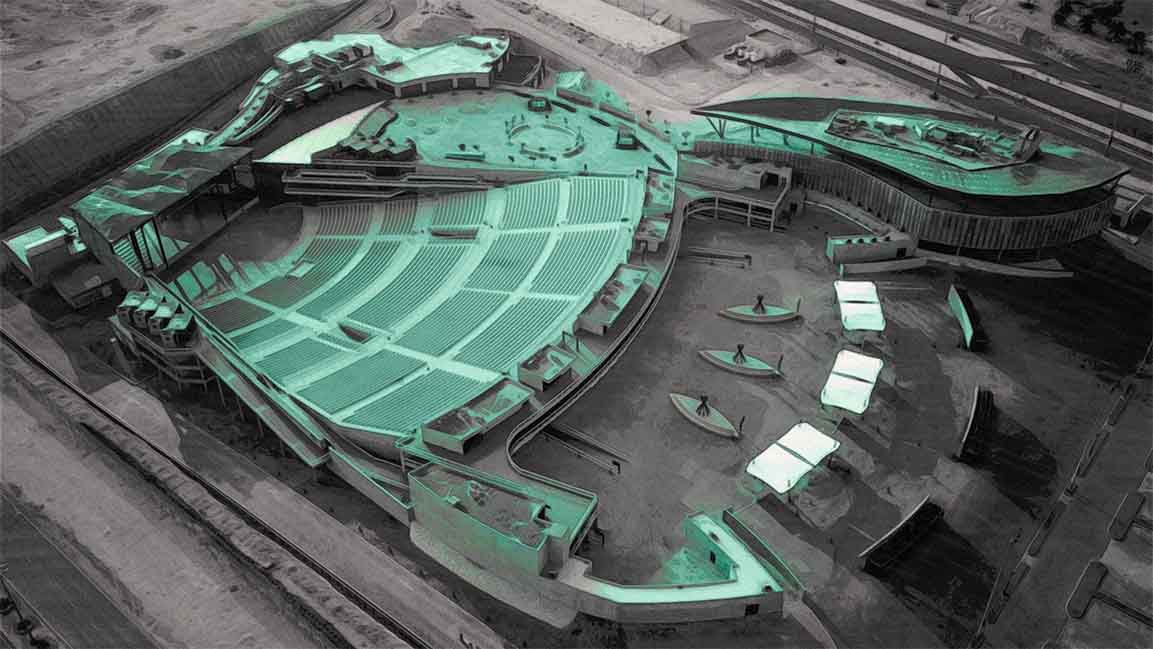- | 12:00 pm
Bahrain advances climate goals with 72-megawatt solar power plant project
The project includes rooftop and ground mounted solar power systems as well as EV charging stations.

Now accepting applications for Fast Company Middle East’s Most Innovative Companies. Click here to apply.
GCC countries are committed to reducing greenhouse gas emissions and achieving net zero targets in the coming decades. The UAE has set a target of net zero emissions by 2050, Saudi Arabia by 2060, and Bahrain is moving towards similar goals.
Recently, Bahrain signed a new deal to set up a 72-megawatt solar park as part of the country’s renewable energy plan, which aims to increase the share of clean energy in the country’s electricity mix to 5% by 2025 and 20% by 2035.
The solar PV project is being developed in Bahrain’s southern region of Sakhir. The project will include rooftop and ground-mounted solar power systems and electric vehicle charging stations at the Bahrain International Circuit, the University of Bahrain, Exhibition World Bahrain, and the Al Dana Amphitheatre.
The new deal is part of the kingdom’s broader plan to reach net-zero emissions by 2060, said Minister of Electricity and Water Affairs Yasser bin Ibrahim Humaidain, who presided over the agreement’s signing. He added that the solar park will contribute to achieving sustainable economic development for the nation and its citizens.
Dr. Nasser Qaedi, Bahrain Tourism and Exhibitions Authority CEO, said the project would significantly reduce traditional energy consumption and preserve the environment.
In June, the Gulf state took a big step towards achieving its goal of increasing the share of renewable energy to 5% of its total power generation by 2025.
Kamal bin Ahmed Mohammed, president of the country’s Electricity and Water Authority, said that the decision was made to diversify the country’s energy sources and reach its target for renewable energy.
“Bahrain is dedicated to its transition to sustainable energy and its COP26 commitments by investing in renewable energy resources and ultimately reducing carbon emissions to net zero by 2060,” he said.
































